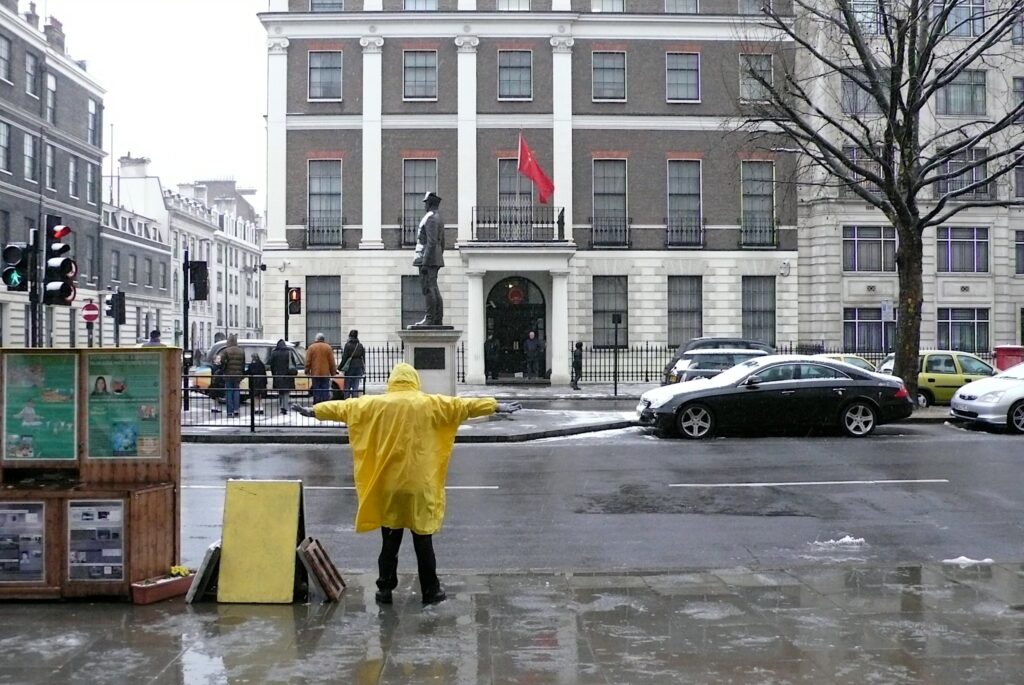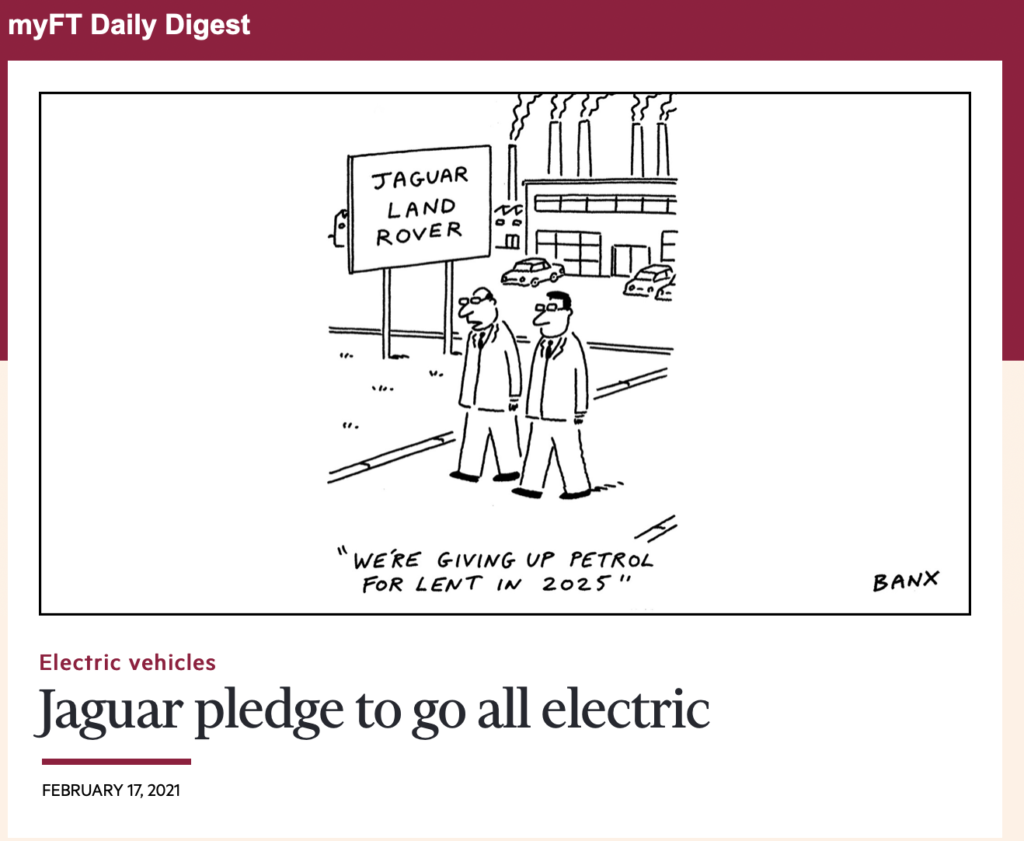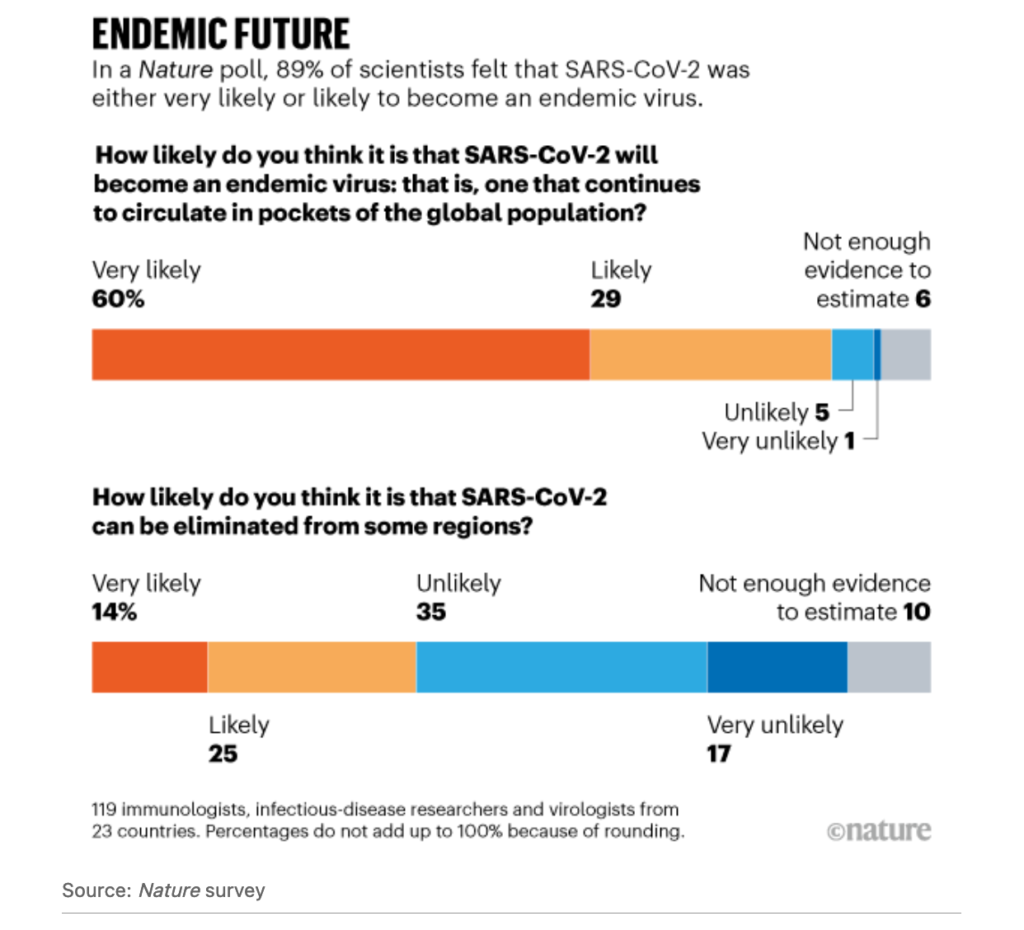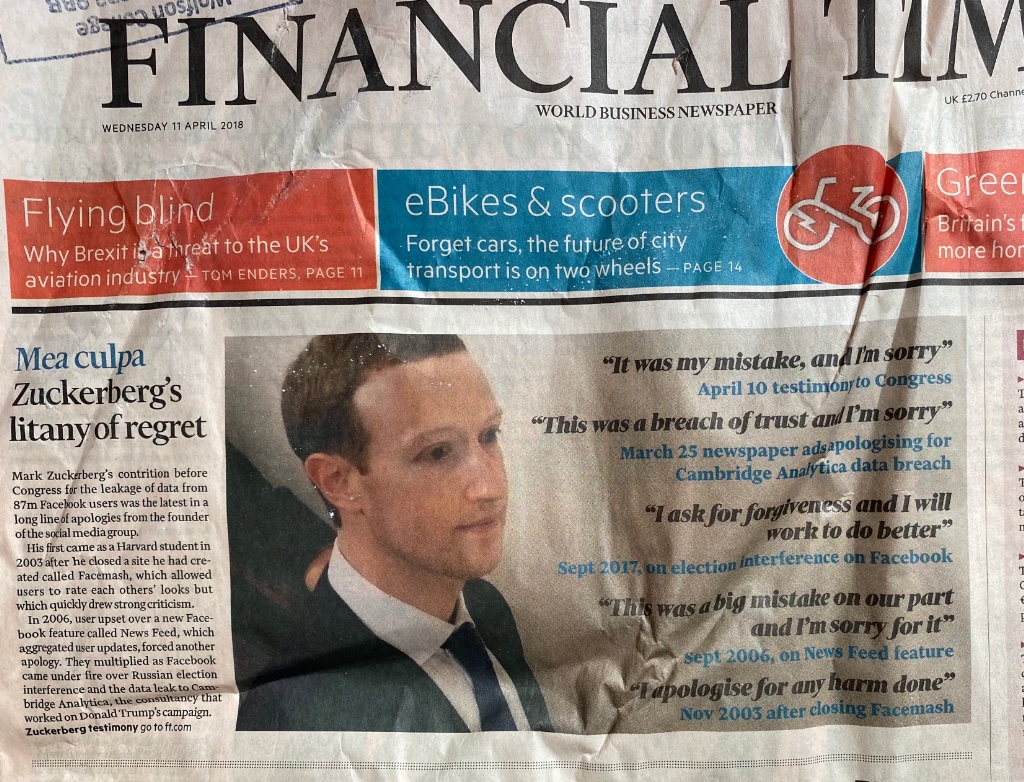Video of the Day
This still from the long (over two hours) recording — Link — of the final two hours of the NASA Perseverance mission is corny at times, but from about 1:30 it’s riveting and, in some ways, wonderful. Remember that all the action is happening 127m miles away, and signals take nearly 12 minutes to get from there to here at the speed of light. It reminds one that we are both an amazing and a frustrating species. We can do stuff like this, but at the same time we seem incapable of stopping the destruction of the biosphere on which we all depend.
Quote of the Day
”Recession is when your neighbour loses his job. Depression is when you lose yours.
- Ronald Reagan
Musical alternative to the morning’s radio news
Fleetwood Mac | Go Your Own Way | Dance Tour 1997
Long Read of the Day
The SolarWinds hackers could be in US government computers for a long time. Here’s our next move
By Gregory Falco Link.
On December 13, the US National Security Council acknowledged that there had been a major data breach of government entities, including the National Telecommunications and Information Administration (part of the Commerce Department) and the Treasury Department. In an analysis, the cybersecurity company FireEye said the breach was probably a “supply chain” attack involving a third-party vendor SolarWinds and that it likely began last spring. Days after the council’s report, then Secretary of State Mike Pompeo pointed the finger at Russia for perpetrating the attack.
The SolarWinds hack is problematic… You can say that again. Security experts and the Cybersecurity and Infrastructure Security Agency (CISA) are right: The government needs to either shut down or begin patching up and remediating the systems affected by the SolarWinds hack. But they are advocating an entirely reactive approach to government-backed hacks. While some may think that hackers eventually disappear from breached networks, they actually tend to linger for a long time. Hackers can stay in networks and steal data for months, or even years. When the Chinese People’s Liberation Army attacked US government entities in a hack dubbed “Titan Rain,” for example, the hackers strategically picked off targets from at least 2003 to 2006, stealing military flight planning software, among other products.
So a cyber intrusion on that scale is a bit like the arrival of the coronavirus.
Given that, what’s the best thing to do? Answer: learn to live with it — and turn it against itself.
This is a good read with an interesting perspective on what is becoming an existential problem for a networked world.
Sound baths, self-help and teeth-grinding optimism: my strange, disorienting week on Clubhouse
Great piece of reportage by Brigid Delaney, who voluntarily spent a week on Clubhouse, Silicon Valley’s current sensation du jour.
It’s like a LinkedIn that talks to you. It’s like attending a conference that never ends. Its spirit animal is the old-style chatrooms of the early internet where you could swap ideas and soak up expertise. It will chew up hours and hours and hours of your day that are not already chewed up by the other apps.
It’s a series of virtual campfires that you join while some guy with the mic, whose bio describes him as “TRADER, BITCOIN, ANGEL INVESTOR, ENTREPRENEUR”, tells you that in order to get rich you need to get up at 3:48am and jump in an ice bath.
I spent a week in/on Clubhouse – a strange, disorientating week. While in my home, on the bus, at the beach, walking, cooking and resting, I dropped into dozens and dozens of “rooms”. In these rooms, users can listen in to live discussions and interviews about, well, anything. I now know nothing about everything.
I’m lost in admiration at her stamina and endurance. I’ve written (sceptically) about Clubhouse in my Observer column — out on Sunday. Another reason why I really enjoyed Brigid’s report.
Scott Galloway on giving and taking
I love Scott Galloway’s blog for its exuberance, honesty and liveliness. This week’s edition has a lovely reminiscence on how, as a kid, he learned about the stock market. To even quote from it would be a spoiler, so I suggest you read and savour it yourself.
Trump Hotel Employees Reveal What It Was Really Like Catering to the Right Wing Elite
This is terrific — even if you feel ashamed of yourself for wanting to read how things were behind the Trump curtain!
Sample:
As soon as Trump was seated, the server had to “discreetly present” a mini bottle of Purell hand sanitizer. (This applied long before Covid, mind you.) Next, cue dialogue: “Good (time of day) Mr. President. Would you like your Diet Coke with or without ice?” the server was instructed to recite. A polished tray with chilled bottles and highball glasses was already prepared for either response. Directions for pouring the soda were detailed in a process no fewer than seven steps long—and illustrated with four photo exhibits. The beverage had to be opened in front of the germophobe commander in chief, “never beforehand.” The server was to hold a longneck-bottle opener by the lower third of the handle in one hand and the Diet Coke, also by the lower third, in the other. Once poured, the drink had to be placed at the President’s right-hand side. “Repeat until POTUS departs.”
Trump always had the same thing: shrimp cocktail, well-done steak, and fries (plus sometimes apple pie or chocolate cake for dessert). Popovers—make it a double for the President—had to be served within two minutes and the crustaceans “immediately.” The manual instructed the server to open mini glass bottles of Heinz ketchup in front of Trump, taking care to ensure he could hear the seal make the “pop” sound.
Garnishes were a no-no. Melania Trump once sent back a Dover sole because it was dressed with parsley and chives, says former executive chef Bill Williamson, who worked at the restaurant until the start of the pandemic. Trump himself never returned a plate, but if he was disappointed, you can bet the complaint would travel down the ranks. Like the time the President questioned why his dining companion had a bigger steak. The restaurant already special-ordered super-sized shrimp just for him and no one else. Next time, they’d better beef up the beef.
Lots more in the same vein. Go on — you loved it. Admit it!
This blog is also available as a daily email. If you think this might suit you better, why not subscribe? One email a day, delivered to your inbox at 7am UK time. It’s free, and there’s a one-click unsubscribe if you decide that your inbox is full enough already!













